THE MYSTIC MASSEUR is a wry comedy about the Indian community in Trinidad. It is based on the 1957 novel by 2001 Nobel Prize winner V.S. Naipaul, the first of Naipaul's works to be adopted for film. A young educated Indian man, who yearns to become a writer, is tricked into a marriage. Through his writing he eventually transforms himself into a spiritual and physical healer and finally into a populist politician. Director Merchant's attention to Trinidadian culture, locales and general atmosphere is alluring and engaging. The Writers Institute presents this film to honor Ismail Merchant, who died early this year. Rated PG.

The Writers Institute presents THE MYSTIC MASSEUR to honor the film's director, Ismail Merchant, who died earlier this year. Born in Bombay, India, Merchant was the founder of and producer for Merchant Ivory Productions, a 44-year filmmaking partnership with director James Ivory--the longest collaboration in film history. The two made over 40 films, earned 31 Academy Award nominations and won six Oscars. They are best known for making lush period-piece adaptations of literary classics including the films THE EUROPEANS, A ROOM WITH A VIEW, HOWARDS END, and THE REMAINS OF THE DAY. In addition to producing, Merchant also directed a number of films including IN CUSTODY, based on a novel by Anita Desai, THE PROPRIETOR, COTTON MARY, and THE MYSTIC MASSEUR. Merchant passed away in London in May 2005 while working on his latest film THE WHITE COUNTESS.
The film takes place on the hottest day of the year in the Bedford-Stuyvesant neighborhood of Brooklyn and focuses on Sal's Famous Pizzeria, one of only two non-black businesses in an all black neighborhood. Director Lee, who also wrote the script, provides surprising twists for some of his characters as tensions build and eventually explode in racial violence. DO THE RIGHT THING powerfully reflected the state of race relations in the America of its time and the Rodney King riots.


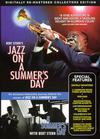 JAZZ ON A SUMMER'S DAY
JAZZ ON A SUMMER'S DAY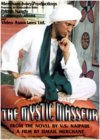 THE MYSTIC MASSEUR
THE MYSTIC MASSEUR
 Note:
Note: 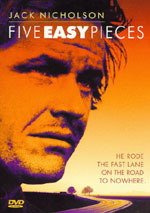 FIVE EASY PIECES
FIVE EASY PIECES MOUNTAINS OF THE MOON
MOUNTAINS OF THE MOON THE LEOPARD
THE LEOPARD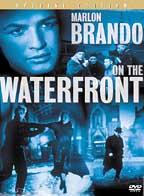 ON THE WATERFRONT
ON THE WATERFRONT
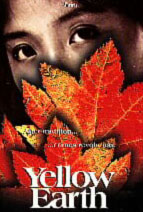 YELLOW EARTH
YELLOW EARTH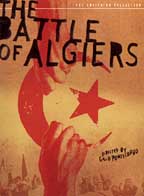 THE BATTLE OF ALGIERS
THE BATTLE OF ALGIERS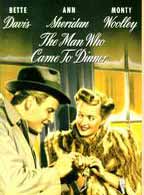 THE MAN WHO CAME TO DINNER
THE MAN WHO CAME TO DINNER